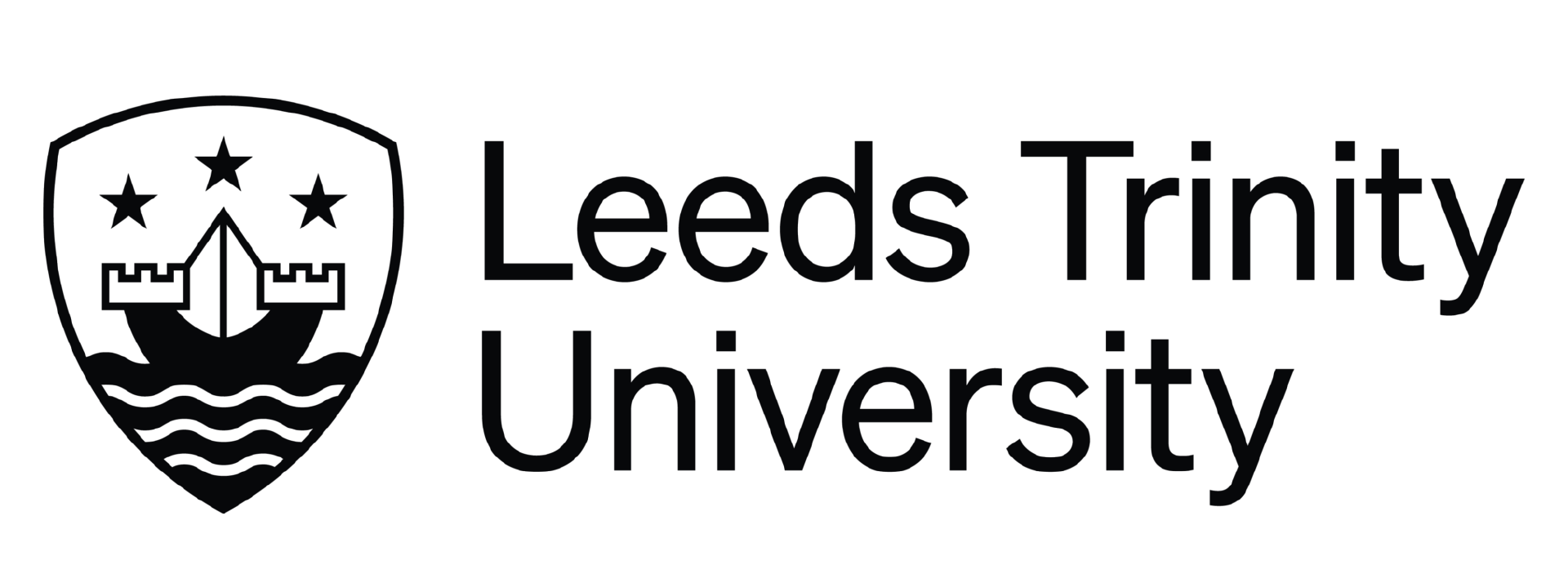Simon Jose
The purpose of this report is to look at working-class involvement in local government and regional decision making. It covers whether there is engagement, at what level, and in what depth. It further offers a brief outline of what it means to be defined as working class, given that there are distinctions that set the UK apart from other countries (LSE study, 2021). The report will also look at how policy is determined and how consultation and participation by various actors feed into that process. A short survey of those involved in policymaking feeds into this report as does previous research undertaken for Wakefield District Council around poverty (Jose 2019). A rich vein of local community engagement around existing projects, such as the implementation of local community food shops. Recently the term “community engagement” has come to the fore in local government circles and is driven by a framework of ideas, ideologies, strategies and methods.
This framework for engagement can end up being complex and unwieldy instead of practical and easy to engage with and it can also be based on several assumptions such as “this is the way it’s always been done”. There is a degree of commonality among these local government frameworks, often driven by statutory structures and regulatory practice but on the non-administrative side, there is a sense that local government struggles to engage at many levels, especially at a local community level.
There is evidence that the working-class tend to be those “left behind” and as such are often on the periphery of policymaking, creating a disconnect and a degree of exclusion around working-class issues. One of the assertions of this report is that historically, engagement at a community level has tended to be poor and this begs the question of whether the drive for more community engagement, especially working-class engagement, is tokenistic or even desirable by those driving it.
This report therefore also outlines recommendations regarding options for creating more democratic and inclusive engagement and encouraging a shift towards genuine participation by reassessing existing decision making policy frameworks. There is also a rich source of knowledge from working-class communities based on engaging with people at a hyper-local level. Often projects and policy ideas are placed before disparate groups of people who have varying levels of knowledge about what they are being asked to consult on. Having groups of people that are engaged on a regular, ongoing basis and not just when a specific project or issue needs addressing can create more worthwhile and deeper engagement.












